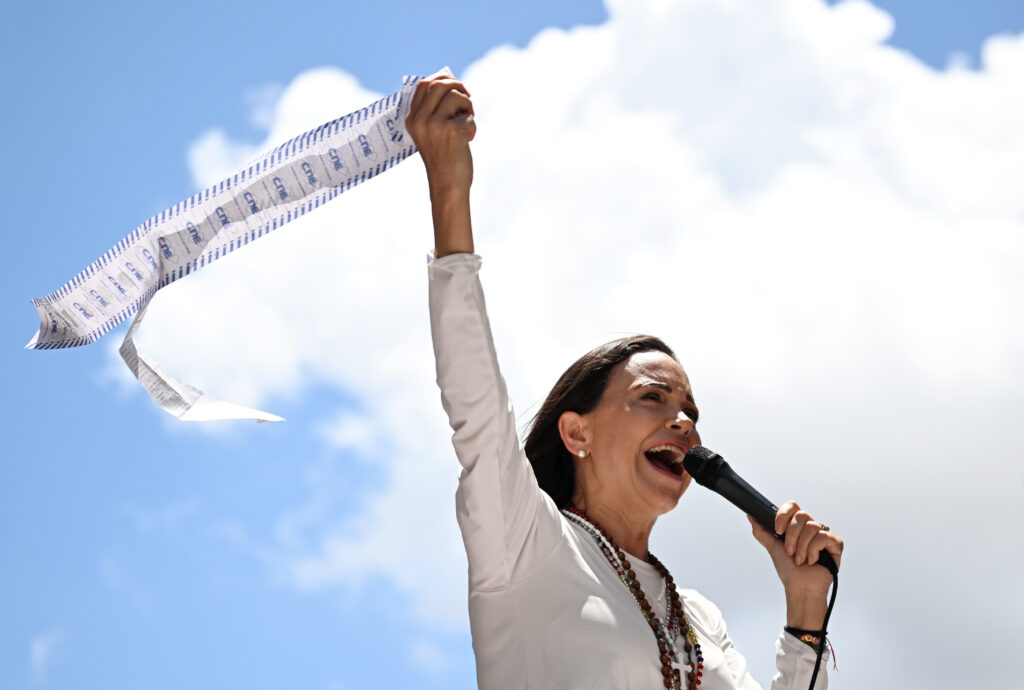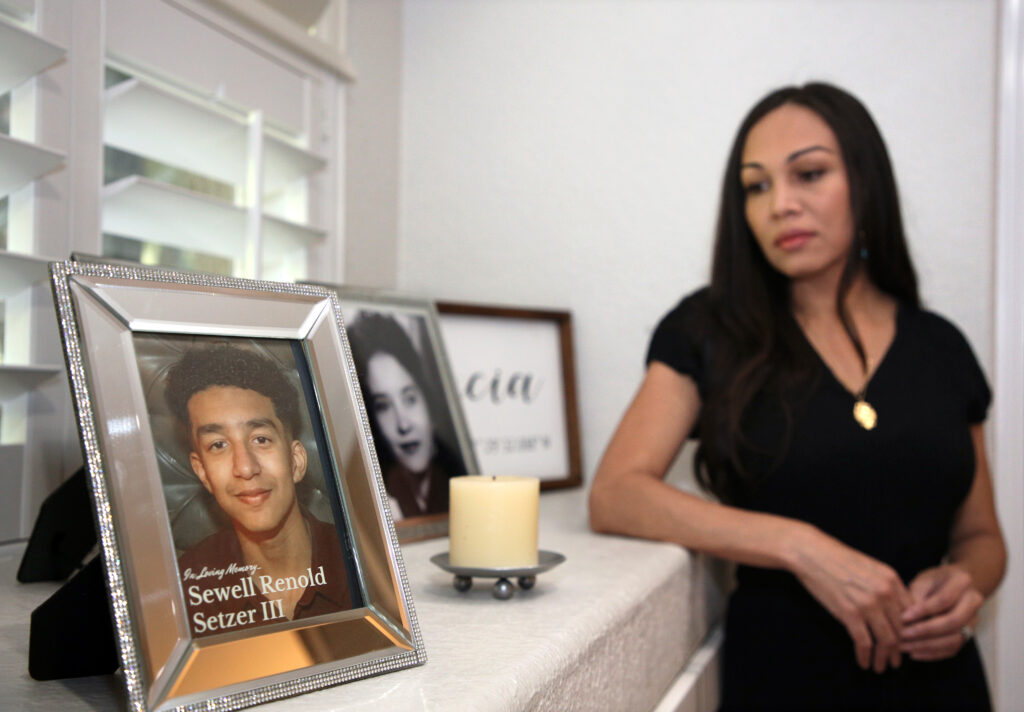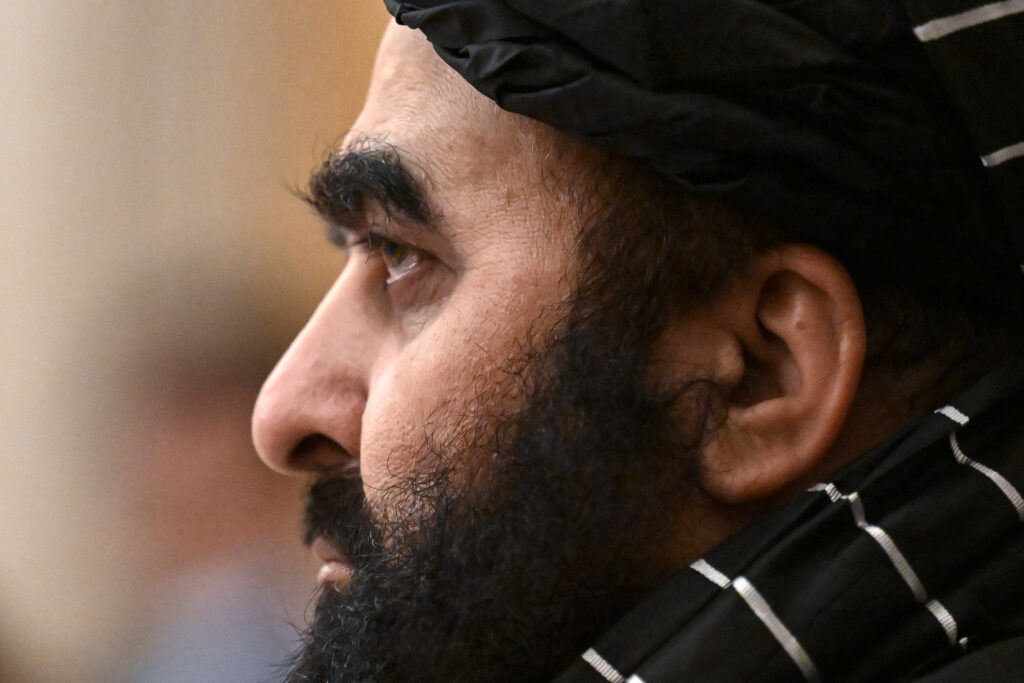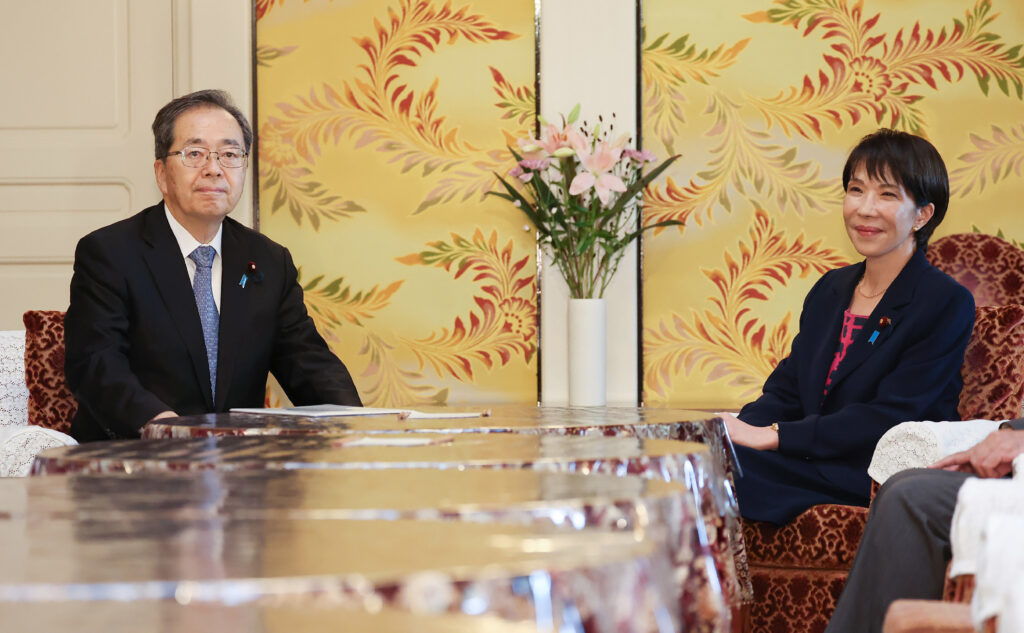Entrée en vigueur du cessez-le-feu à Gaza, annonce l’armée israélienne
L’armée israélienne a annoncé l’entrée en vigueur vendredi à 09H00 GMT du cessez-le-feu dans la bande de Gaza, qui doit être suivi dans les 72 heures d’une libération des otages, en application d’un accord conclu avec le mouvement islamiste Hamas.”L’accord de cessez-le-feu est entré en vigueur à midi locale (09H00 GMT)”, a déclaré l’armée.”Depuis midi, les troupes de Tsahal (l’armée israélienne, NDLR) ont commencé à se positionner le long des lignes de redéploiement en préparation de l’accord de cessez-le-feu et du retour des otages”, selon le texte, qui précise que les “troupes du Commandement Sud continueront d’éliminer toute menace immédiate”.Le cessez-le-feu et la libération des otages sont prévues dans un accord, approuvé jeudi après quatre jours de négociations indirectes en Egypte entre le Hamas et Israël, en guerre à Gaza depuis deux ans.L’accord est basé sur un plan annoncé fin septembre par le président américain Donald Trump pour mettre fin à la guerre, déclenchée par l’attaque sans précédent du Hamas en Israël le 7 octobre 2023. Donald Trump a déclaré jeudi qu’il prévoyait de se rendre dimanche au Moyen-Orient. “Les otages rentreront lundi ou mardi. Je serai probablement là. J’espère être là. Nous prévoyons de partir dimanche”.Il a aussi dit qu’il “essaierait” de se rendre en Egypte pour “une signature officielle” de l’accord et qu’il avait accepté de “parler” devant le Parlement israélien à Jérusalem, à une date non précisée.Selon Mohammad al-Moughayyir, un responsable de la Défense civile, “les forces israéliennes se sont retirées de plusieurs zones de la ville de Gaza (…)”, dans le nord du territoire dévasté et assiégé.Dans le sud de la bande de Gaza, “des véhicules israéliens se sont retirés des parties sud et centrale de la ville de Khan Younès vers les zones est”, a-t-il dit à l’AFP.La porte-parole du gouvernement israélien, Shosh Bedrosian, a ensuite affirmé que l’armée garderait le contrôle de 53% du territoire.- “Assurances” -Après sa validation par le cabinet de sécurité israélien, le gouvernement de Benjamin Netanyahu a approuvé vendredi avant l’aube l’accord conclu en Egypte.Au plus tard 72 heures après son entrée en vigueur, “tous nos otages, vivants et décédés, seront libérés, ce qui nous amène à lundi”, a dit Mme Bedrosian.M. Trump a observé que les corps de certains captifs seraient “un peu difficiles à trouver”.Selon un responsable du Hamas, les otages vivants seront libérés contre près de 2.000 prisonniers palestiniens détenus par Israël, “simultanément à des retraits israéliens spécifiques (de Gaza) et une entrée de (davantage) d’aide humanitaire”. Il n’a pas mentionné les captifs morts. Sur les 251 personnes enlevées durant l’attaque du 7 octobre et emmenées à Gaza, 47 y sont toujours retenues, dont au moins 25 sont mortes, selon l’armée.Le négociateur en chef du Hamas, Khalil al-Hayya, a affirmé jeudi avoir “reçu des assurances des frères médiateurs et de l’administration américaine, confirmant que la guerre est complètement terminée”.- Deuxième phase -L’accord conclu en Egypte s’intègre dans un plan en 20 points de M. Trump qui prévoit un cessez-le-feu à Gaza, une libération des otages, un retrait par étapes israélien de Gaza, un désarmement du Hamas et la mise en place d’une autorité de transition formée de technocrates chapeautée par un comité dirigé par Donald Trump.Les négociations pour la deuxième phase, concernant un désarmement du Hamas et une poursuite du retrait israélien, devaient commencer “immédiatement” après la signature jeudi de l’accord sur la première phase, selon un responsable du Hamas.Le mouvement islamiste n’a pas encore réagi au point sur son désarmement. Le président américain a assuré jeudi qu’il y aurait un “désarmement” et des “retraits”, sans toutefois fournir d’échéance. Deux cents militaires sous la direction du chef du Commandement militaire américain pour le Moyen-Orient, l’amiral Brad Cooper, seront mobilisés pour “superviser” la mise en oeuvre de l’accord sur Gaza, a indiqué un haut responsable américain. Parmi eux, probablement des militaires d’Egypte, du Qatar, de Turquie et des Emirats, selon lui. Un autre haut responsable a précisé qu’il n’y aurait pas de militaires américains déployés “dans Gaza”.L’armée turque a dit être “prête à assumer toute mission qui leur sera assignée” pour Gaza.L’attaque du 7 octobre a entraîné la mort de 1.219 personnes, en majorité des civils, selon un bilan établi par l’AFP à partir de données officielles.En riposte, Israël a lancé une campagne militaire à Gaza qui fait, selon le ministère de la Santé du Hamas, plus de 67.194 morts, en majorité des civils, et provoqué un désastre humanitaire.







